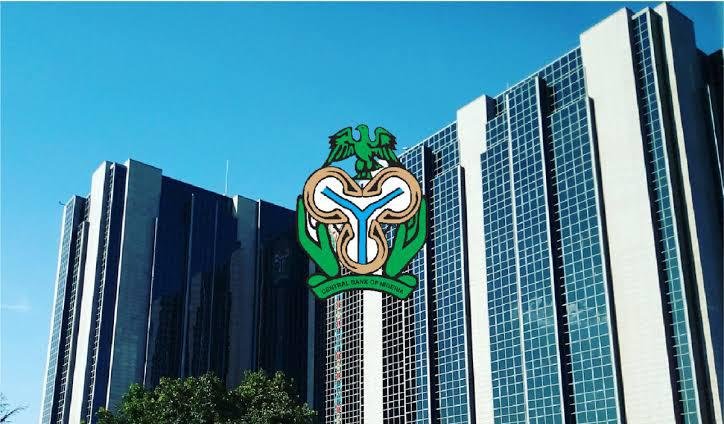The Central Bank of Nigeria (CBN) has announced a reduction in its benchmark interest rate by 50 basis points, bringing it down to 27%. This decision was made during the 302nd meeting of the Monetary Policy Committee (MPC), with Governor Olayemi Cardoso confirming the new rate in Abuja.
The move, aimed at stimulating economic activity, comes as the MPC observed a slowdown in the pace of inflation. This indicates that the central bank is becoming more confident that its previous tight monetary policies are starting to have the desired effect on stabilizing prices. A lower interest rate makes it cheaper for businesses and individuals to borrow money, which can boost investment and consumption.
Adjustments to Banking Sector Reserves
In addition to the rate cut, the CBN also made significant adjustments to the Cash Reserve Requirement (CRR) for banks. The CRR for commercial banks was increased to 45%, a measure designed to manage liquidity in the banking system and ensure stability.
Interestingly, the CRR for merchant banks was left untouched at 16%. This differentiation suggests a targeted approach to monetary policy, distinguishing between different types of financial institutions.
The CBN also introduced a new 75% cash reserve ratio specifically for non-TSA (Treasury Single Account) public sector deposits. This new measure aims to consolidate government funds and further control liquidity, potentially to curb excess money supply in the economy.
Understanding the Implications
The decisions by the MPC reflect a strategic shift in the CBN’s approach. By lowering the interest rate, the bank is signaling a move toward a more accommodating monetary stance, which could encourage economic growth. However, the simultaneous increase in the CRR for commercial banks acts as a counter-balancing measure, ensuring that the banking system remains disciplined and that the influx of new money doesn't create inflationary pressure. This dual approach highlights the complex balancing act that central banks must perform to achieve both price stability and economic expansion.





Comments (0)
No comments yet. Be the first to comment!
Leave a Comment